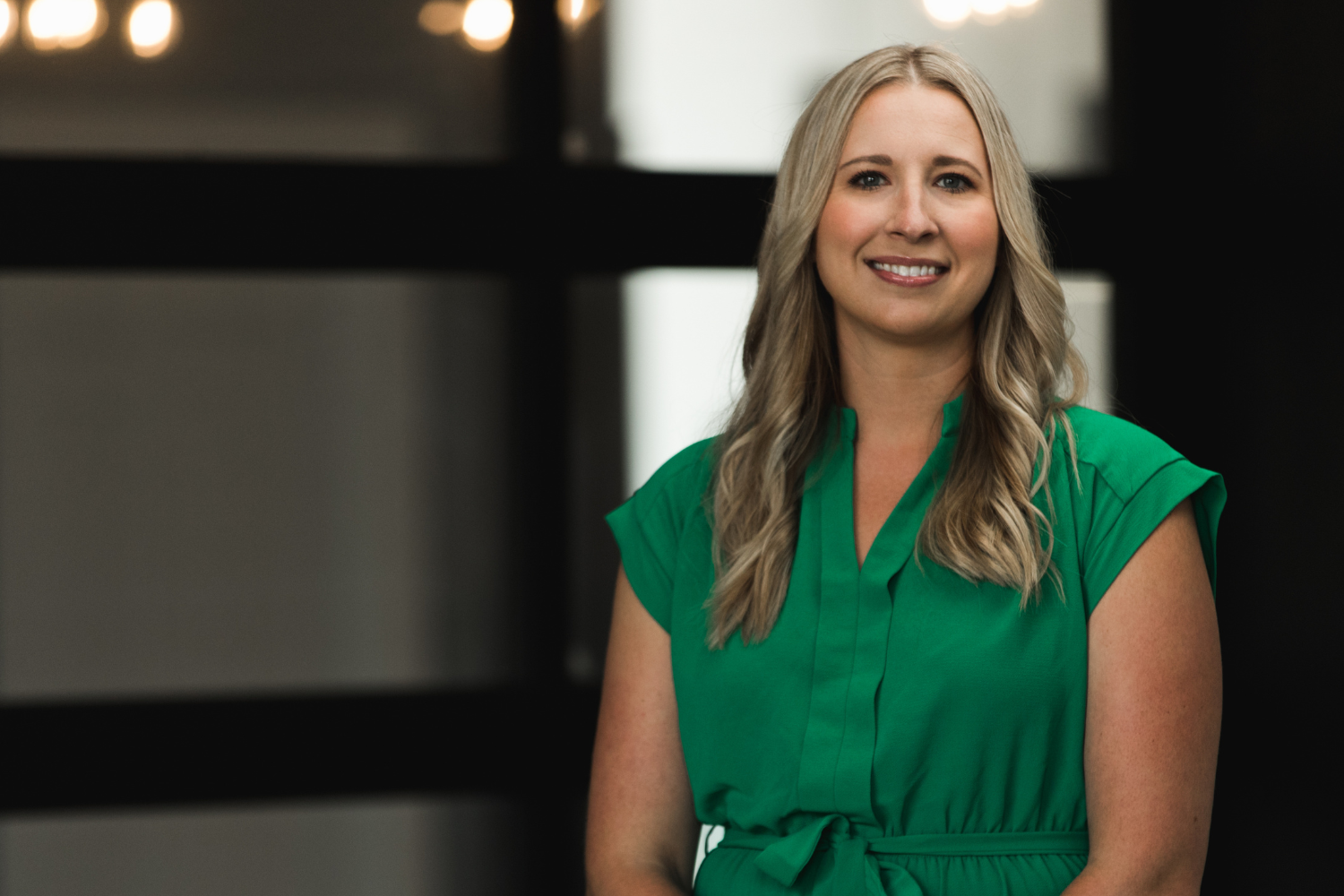Far too often life throws us a curve ball that we’re not ready for. I think it’s safe to say that for the last six months it has felt like breaking ball after breaking ball. I apologize to those who don’t follow baseball, but the pandemic has been keeping us guessing and reacting to new information each and every day. With each change that occurs comes the responsibility for each of us to make (what we hope to be) the proper reaction.
When you come across an obstacle (Hello, 2020) it can be difficult and stressful to make the right decisions for you and your family. I’ve found that for me, only one thing helps with these tough decisions, and that is proper planning. We’re not always going to be prepared for what lies ahead, but boy-oh-boy can we try, and when we are prepared for rough waters, we tend to be able to push through successfully. With preparation on my mind, I wanted to write down the 4 things to consider when budgeting for the next dilemma down the road.
Identify where you are at.
The first step in creating a disaster-proof budget is to identify where you are at financially. What are your current financial obligations? What money-events do you see coming down the road? Where are you currently sitting in your career and what do your potential earnings look like? These are the first items that you need to address in order to understand how you can start to build up a strong financial reserve.
Where can you cut costs?
Simply put, take a deep look at where you are spending money. If you are spending most of your money on family necessities – great. BUT, if you are noticing an unhealthy spending pattern, like weekly shopping sprees on amazon.com, then it is time to reel it in a bit. If this current pandemic has taught me anything, it is the value of not spending money. I’m not saying you can never splurge on that new pair of shoes; you just need to do it wisely. Splurge wisely, my friends.
Where are my unused dollars going?
As I start to teach my kiddos about savings and the importance of money, I often find myself saying “Give every dollar a job”. What I mean by this is that you should work to budget-out every dollar that you make. Don’t spend every dollar, but rather, give each dollar a purpose. Unused dollars at the end of every month should not just be spent away on frivolous purchases. They should be budgeted to go towards an interest-earning account. It’s up to you how you’d like to use this account, whether it be for a future purchase, a future opportunity, or a rainy day fund (Hello again, 2020), it is important that these unused dollars stay in your pocket!
Give yourself a break.
Budgeting is tough. Really tough in years like this one. Make sure to give yourself a break every once in a while. Buy the dang shoes 🙂





